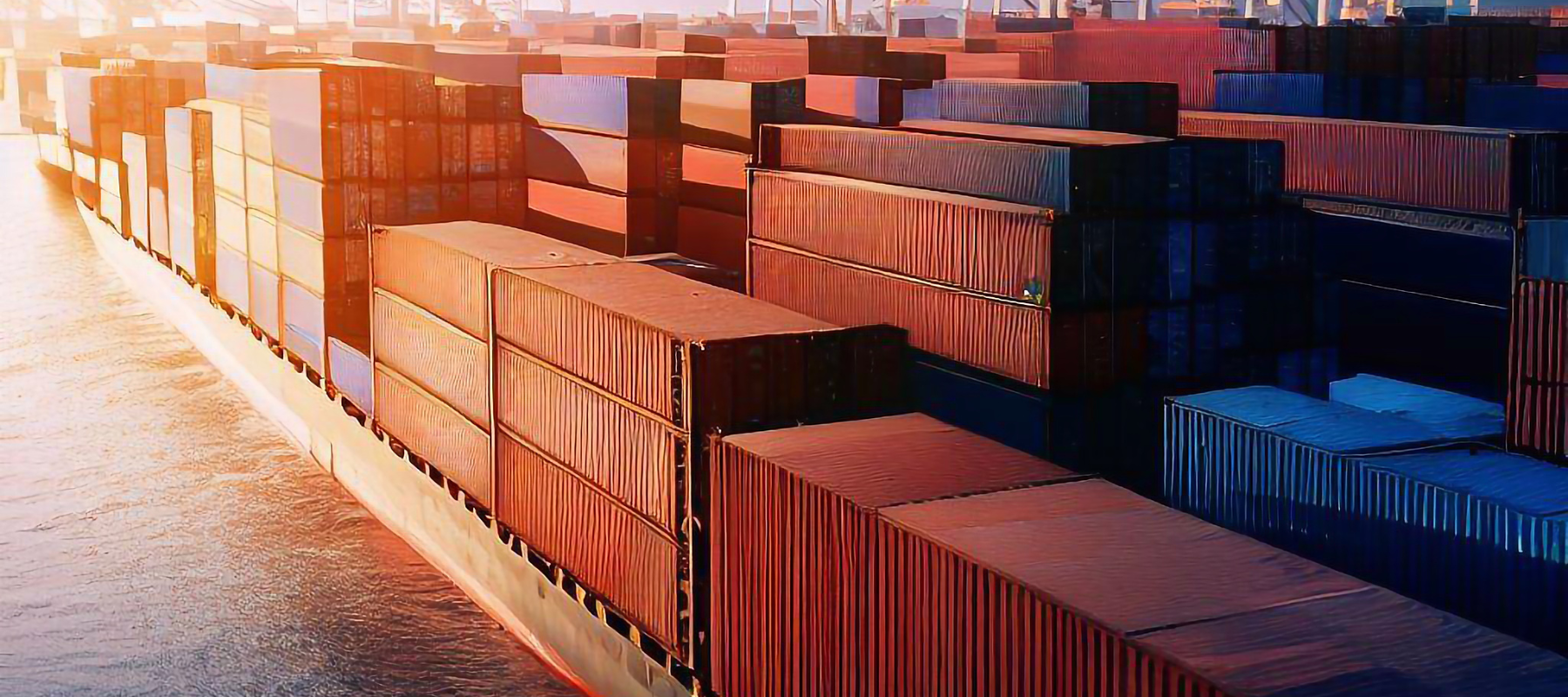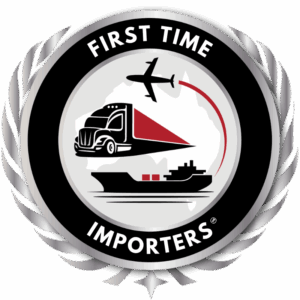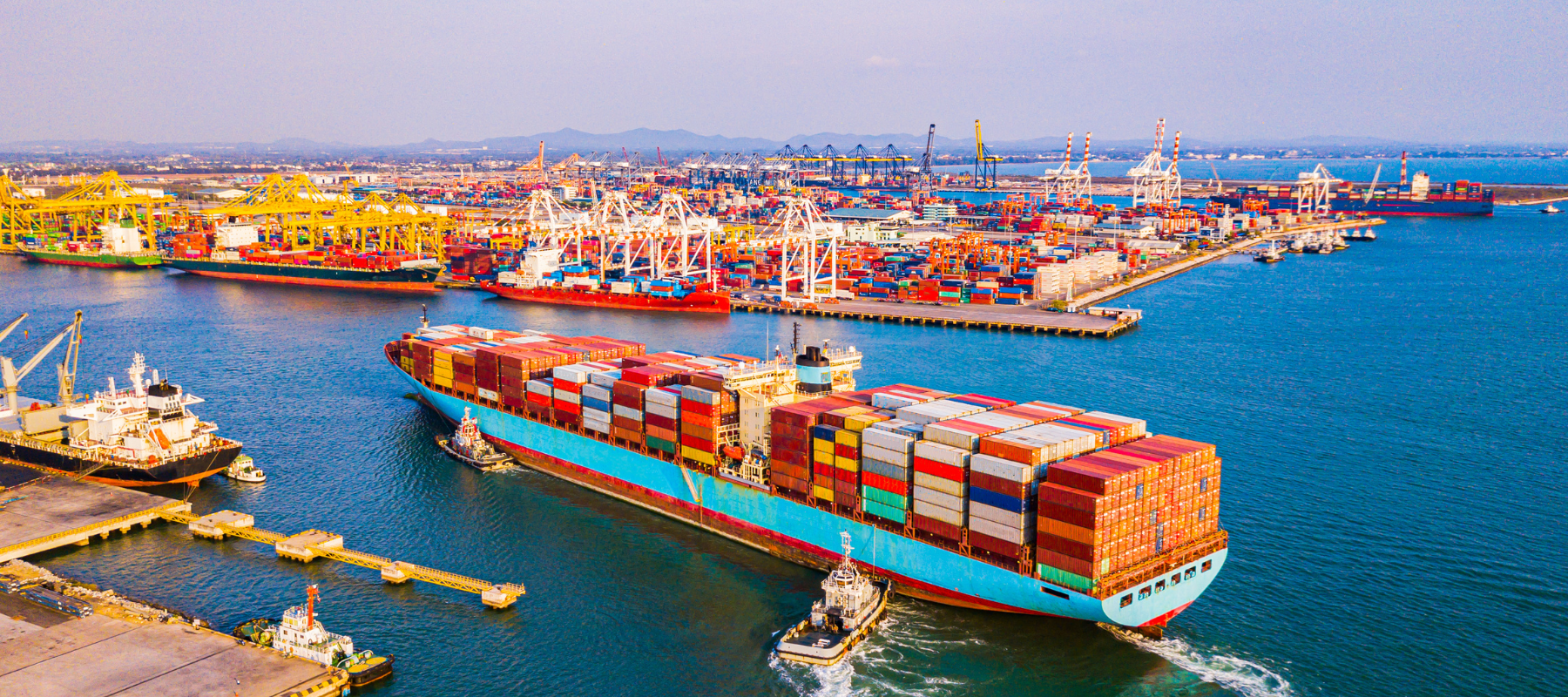First Time Importers™
1300 882 877As one of Australia’s leading customs clearance brokers, we have the expertise to provide hassle-free customs clearance for First Time Importers™.
OPEN EXTENDED HOURS
Monday - Friday 8.30am-5.00pm
Zero Credit Card Commission
You’ll never pay extra
ALWAYS COMPLIANT
Giving you peace of mind.
Air Freight
Air Freight
Import Customs Clearance
Parcel Post
Australia Parcel Post
Import Customs Clearance
Sea Freight FCL
Full Container Load Import Customs Clearance
Sea Freight FCL
Less than a Container Load Import Customs Clearance
Hand Carry
Hand Carrying Goods Import Customs Clearance
Importing to Australia
If you have never imported to Australia before, you may find the process either exciting or overwhelming. Importing goods to Australia is the backbone of how thousands of everyday items make their way into our lives, from the towels in your bathroom to the shoes on your feet. Many of the products that you interact with daily have highly likely been imported to Australia.
Importing smaller items through express courier companies like DHL or FedEx is usually straightforward, as DHL or FedEx will collect the goods from the seller, deliver the goods to your home or business and do all of the necessary things in between. As your purchase becomes larger and heavier, you will more than likely need to progress to either general air cargo or sea freight; which will come with new unique challenges.
This new air freight or sea freight stage will bring challenges for first time importers™ as the process is no longer point to point or door to door, it is stage one to stage two and then a customs broker will need to be involved for say stage three, to have the goods customs cleared to allow you to either collect the goods from the airfreight terminal or the sea freight depot before storage costs commence.
First time importers™ are usually quite familiar with the DHL or FedEx scenario but are very unfamiliar with the general air cargo or sea freight scenario. There are complexities when importers have general air cargo or sea freight arriving into Australia, there are ‘clocks ticking’ and those clocks are in regards to storage costs. Importing to Australia, can be a smooth and stress-free experience, however, that success comes down to how soon your customs broker has been involved and introduced to the project.
This first time importers™ guide is designed to help first time importers™ understand the key steps and answer a couple of common questions like “Do I need a licence to import to Australia?” and “Can I import under my personal name or do I need an ABN?” and avoid costly mistakes along away, like storage fees or quarantine delays.
When you involve Platinum® early in your importing process, you can focus on your business while we handle the customs and quarantine complexities.

Talk to a First Time Importers™ Broker Today
Do I Need a Licence to Import to Australia?
A common question that arises for first time importers™ is whether they need a licence to import goods into Australia. The simple answer is: No, you do not need an import licence to import to Australia.
Australia allows importers to import goods either under:
Your personal name or,
An Australian Business Number (ABN).
The choice will depend upon whether you are importing the goods for your personal use or for business purposes. Regardless of whether you import under your personal name or under an ABN, the shipping costs, the customs clearance fees and taxes remain the same.
However, it is essential to make certain that the goods that you wish to import are or are not covered by any restrictions or paperwork requirements before you purchase the goods and certainly before the goods are shipped to Australia.
If you are unsure about Australian importing requirements, you should first reach out to the Australian Border Force (ABF).
Reach out to Platinum® once you have found your overseas supplier and are ready to make a deposit on the goods.
Can I Import Under My Personal Name, or Do I Need an ABN?
New importers often wonder whether they can import under their personal name or if they must have an ABN (Australian Business Number).
The good news is that both options are available:
1. Importing under your personal name is ideal for personal use items or one-off purchases.
2. Importing under an ABN is suitable for business-related imports, allowing you to claim the expenses that your ABN incurred through the importation process, such as airfreight costs, shipping costs, air cargo terminal charges, sea freight port charges, customs clearance fees, import duty, import GST and delivery expenses. Please refer to your accountant for further guidance.
If your shipment is part of a business endeavour, using an ABN is generally recommended. This option simplifies your accounting and Australian Taxation Office (ATO) compliance and reporting requirements.
For clarity on what is best for your own situation, consult with both your accountant and Platinum® early to avoid any unnecessary complications.

Talk to a First Time Importers™ Broker Today
When Should I Get Platinum® Involved?
This is one of the most critical questions that we receive at Platinum® from first time importers™. The answer is always, ‘the sooner, the better’. Having Platinum® involved before you place a deposit on the goods is the best opportunity in avoiding issues down the line. Here is why:
Platinum® liases with both your overseas supplier and you together, to ensure that all of the documentation requirements are met before the goods depart from overseas.
Platinum® always aims to pre-clear your goods before they arrive into Australia. The sooner that we can pre-clear your cargo, the quicker that your cargo can depart from the air cargo terminal, the wharf, or sea freight depot and avoid possible storage costs.
Platinum® always wants to know that your goods are insured from overseas to Australia, either your overseas supplier can arrange the insurance or Platinum® can arrange insurance on your behalf. If your supplier is arranging the shipping to Australia, we wish to see that your goods are travelling to a minimum level of INCOTERMS (CIF) or INCOTERMS (CIP).
The Benefits of Early Planning
Having Platinum® involved early in the purchasing process, allows you to experience fewer surprises and to also eliminate unnecessary issues and fees. Before you decide to place a deposit on the goods that you wish to purchase, request a proforma invoice from your overseas supplier that should include (1) the cost of the goods, (2) the shipping costs from overseas to Australia and (3) the insurance cost. Upload the proforma invoice to our Get a Quote platform, and our team will provide you with a detailed quote on the same day. This step will provide you with full transparency and will eliminate any guesswork.
Having Platinum® involved early also allows Platinum® to address any compliance concerns, like quarantine (DAFF) regulations, which can lead to costly delays if not managed properly.

First Time Importers™- the common pitfalls that regularly occur
Delayed Customs Broker Engagement
When first time importers™ engage a customs broker late in the process, this will often result in first time importers™ experiencing unexpected delays, increased fees, missed deadlines, and compliance issues. Do not wait for your goods to depart from overseas to have your customs broker involved, involve your customs broker before the goods depart from overseas for Australia.
Storage and Rent Accumulation
Time is working against you when it comes to airfreight and sea cargo storage costs:
The air cargo terminal: generally only provides 24 hours of free storage costs once the cargo has been checked-in to their warehouse.
The sea freight depot (for Less than a Container Load – LCL shipments): typically provides three business days free of storage costs once the LCL cargo has been unpacked from the shipping container.
The wharf (for Full Container Loads – FCL shipments): generally provides three calendar days free of storage once the FCL has been discharged from the vessel.
The shipping company (for Full Container Loads – FCL shipments): generally provides seven calendar days free of rental costs (detention) on the shipping container.
Understanding these complex time constraints will assist with unnecessary financial losses.
Paperwork Mishaps
Possessing incomplete or inaccurate documentation is a frequent cause of delays and storage costs. It is important to rely upon Platinum® to review all of the paperwork that your overseas supplier plans to issue before the shipment departs from overseas.
Quarantine (DAFF) Delays
Australia imposes strict biosecurity laws for items that arrive into Australia. Generally, sea freight cargo poses more issues than airfreight, Platinum® would address the current DAFF expectations with you and your supplier together.
Avoiding these pitfalls is straightforward when you collaborate with customs clearance experts like Platinum® early.
How to Get Started with Platinum®
Importing to Australia doesn’t have to be overwhelming. When you partner with Platinum®, you are gaining access to a team of dedicated customs clearance experts who are ready to simplify and support you through the importing process.
When first-time importers™ import to Australia for the first time, the experience can be smooth, efficient, and hassle-free, but only when you rely upon Platinum®.
Reach out to Platinum® today and take the first step towards a successful importation experience. We look forward to assisting you at every stage of the process.
